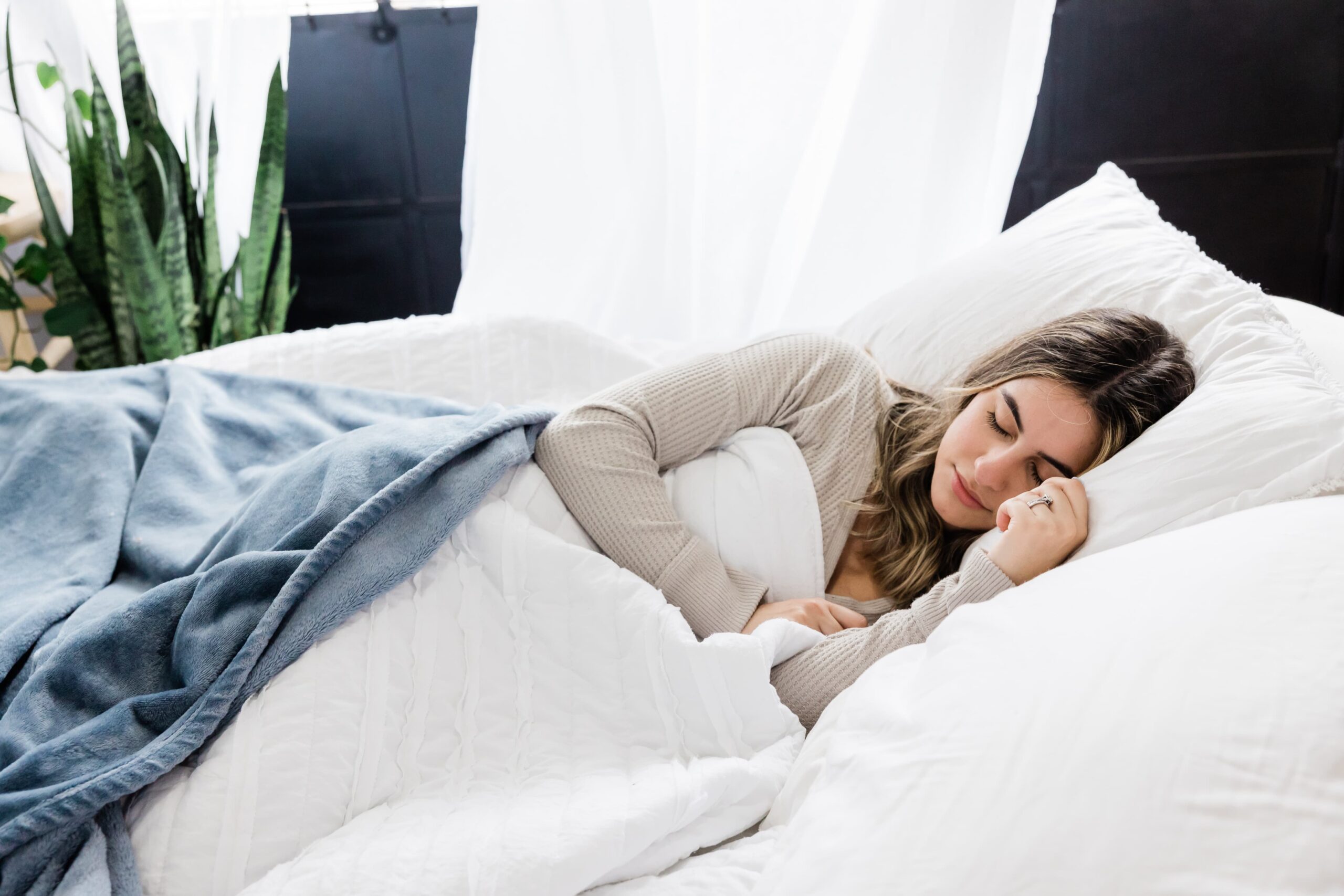
Getting a good night’s rest is something many of us struggle with in the chaos of our lives and in the fast-paced society in which we live. However, the importance of sleep should not be undervalued. Sleep is essential for our health and well-being, and yes, it is essential for our mental health as well.
Sleep is more than just a time for rest, it plays a critical role in keeping your body and mind healthy, including:
Most adults require 7 to 9 hours of sleep each night for optimal physical and mental health.
The connection between sleep and mental health can be a bit of a catch 22:
So that may leave you wondering, what if I struggle with both? Will I be stuck in a cycle of poor sleep and poor mental health forever?
As psychotherapists, we suggest to work on improving both at the same time. Some ways to do that might be right for you are:
The takeaway? If you want to improve your mental health, getting quality sleep should be a top priority, but you do not have to walk that road alone.
For further study:
Healthline (March, 2025). https://www.healthline.com/nutrition/how-much-sleep-you-need#takeaway
Holzinger, B., Nierwetberg, F., Chung, F., Bolstad, C., Bjorvatn, B., Chan, N. Y., Dauvilliers, Y., Espie, C., Han, F., Inoue, Y., Leger, D., Macêdo, T., Matsui, K., Merikanto, I., Morin, C., Mota-Rolim, S., Partinen, M., Plazzi, G., Penzel, T., … de Gennaro, L. (2022). Has the COVID-19 Pandemic Traumatized Us Collectively? The Impact of the COVID-19 Pandemic on Mental Health and Sleep Factors via Traumatization: A Multinational Survey. Nature and Science of Sleep, 14(Nature and Science of Sleep, 2022, Volume 14, p.1469–1483. ⟨10.2147/NSS.S368147⟩), 1469–1483. https://doi.org/10.2147/NSS.S368147
Montanari, A., Wang, L., Birenboim, A., & Chaix, B. (2024). Urban environment influences on stress, autonomic reactivity and circadian rhythm: protocol for an ambulatory study of mental health and sleep. Frontiers in Public Health, 12. https://doi.org/10.3389/fpubh.2024.1175109